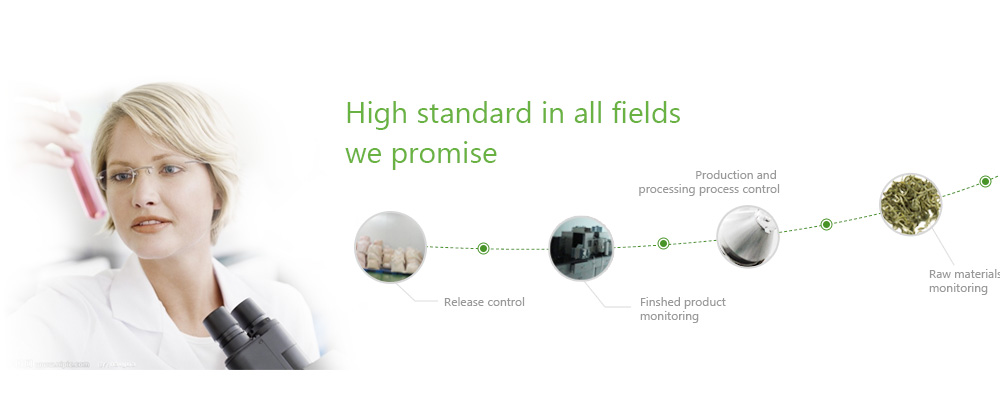-
2013/08
28
-
EGCG
來源:本網站 發布時間:2013/08/28
Molecular formula: C22H18O11

CAS number: 989-51-5
EGCG is the most abundant catechin in tea and is a potent antioxidant that may have therapeutic applications in the treatment of many disorders. It is found in green tea but not black tea. During black tea production, the catechins are converted to theaflavins and thearubigins. In a high temperature environment, an epimerization change is more likely to occur; the amount lost in a brief exposure is insignificant. In fact, even when special conditions were used to create temperatures well above that of boiling water, the amount lost increased only slightly.
Additionally it was found to be a strong topoisomerase inhibitor, similar to some chemotherapeutic anticancer drugs. This property might be responsible for observed anticarcinogenic effects; however, there is also a carcinogenic potential. High intake of polyphenolic compounds during pregnancy is suspected to increase risk of neonatal leukemia. Bioflavonoid supplements should not be used by pregnant women. EGCG has been possibly implicated in reducing the risk of cancer, and in increasing fat-loss. Further studies are underway to investigate such possibilities in human subjects. It is believed by some to improve cholesterol levels, however studies have not found such a link. Some evidence suggests that high consumption of tea can reduce the risk of dementia, and the risk of certain cancers.
UV spectrum

